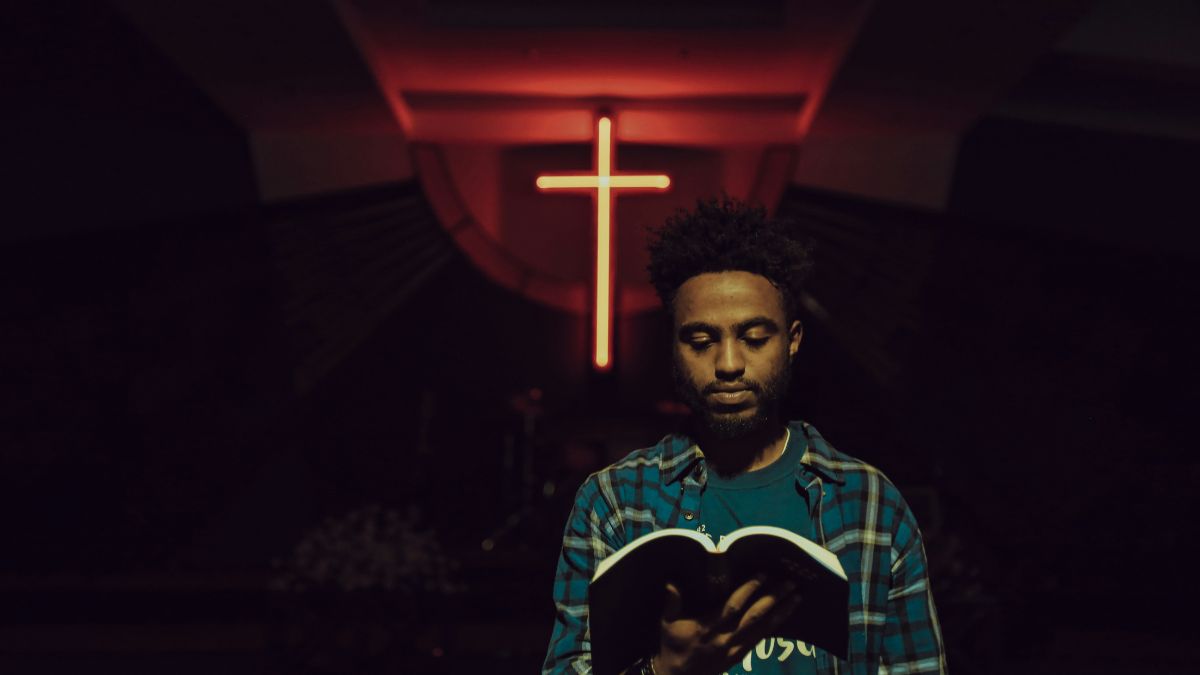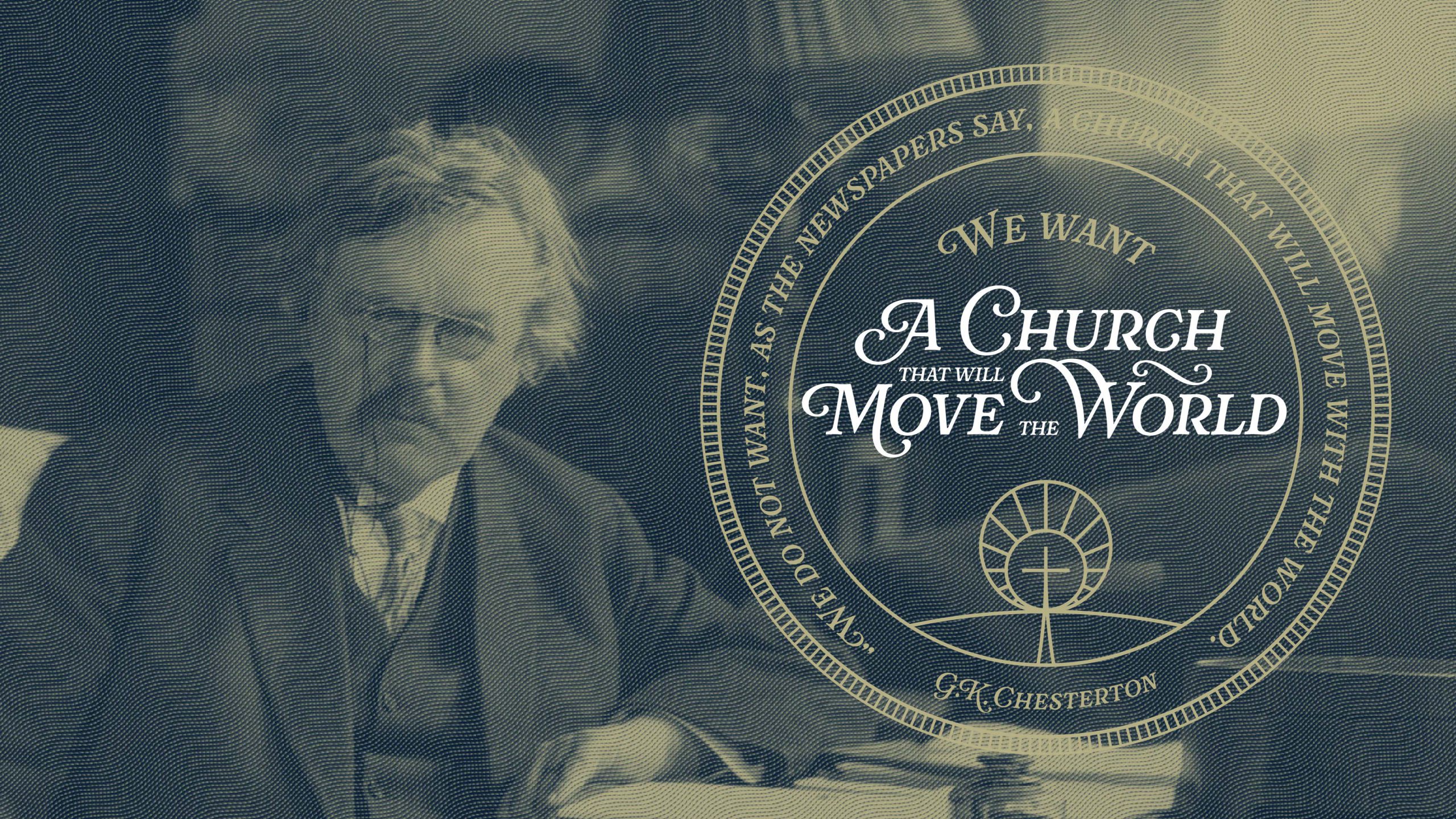

BreakPoint
Hazardous Nonsense
In our current cultural and political climates, speaking candidly about the challenge posed by Islam can be hazardous. We're not supposed to suggest that the attacks were the logical consequence of Islam's teachings and a continuation of its 1,400 year-long troubled relationship with the Christian West. As one prominent preacher found out, if you deviate from the party line, you can find yourself labeled a "bigot" and your words "hate speech." In fact, it sometimes seems that the only time you can compare Islam to Christianity is if your goal is to disparage Christianity. A case in point: the Right Reverend William Swing, Episcopal Bishop of San Francisco. Swing is the driving force behind something called the "United Religion Initiative," which he fancies as a sort of United Nations for religions. Of course, few people take Swing and his Initiative very seriously -- few people except the media, that is, which seem to love Episcopal bishops who say outrageous things. Swing embodies the kind of the nonsense we're hearing a lot about in the relationship between Islam and Christianity in two important ways. First, he is quick to criticize Christianity -- not only actions, but Christian beliefs themselves. He insists on calling evangelism "proselytizing" and compares it to the murder and domination of other groups. In the wake of the attacks, he said that "we have to object when a religious group announces its spiritual superiority over another religious group." The implication is clear: Christian insistence on the uniqueness of Christ is the equivalent of the Islamic extremism that brought down the World Trade Center -- reasoning we've seen in, among other places, the pages of the New York Times. Even more troubling than his equating Christianity with radical Islam is his willingness to give the latter a pass. In his statements about religious persecution, he consistently neglects to mention the persecution of Christians even in the egregious cases of the Sudan and Indonesia. And when asked about the Taliban's destruction of the giant Buddhas in Bamiyan, he says, "There are a lot of things that have the potential to be idols . . . and some of them need to be blown up." When he was asked about the hijackers relationship to Islam, he maintained that they "did not hold a corrupted version of Islam, because all religions are guilty of fostering terrorism." Really? What's more, several of his partners in the Initiative have ties to Islamic terror groups, including the Taliban and Egypt's leading Islamist group. While Swing is admittedly an extreme case, there's nothing extreme about his unwillingness to consider the truth about Islam and the Christianity he claims to profess. And just as some of his associates in turn associate with extremists, many of the Islamic leaders trotted out at official functions have similar associations. Our struggle against terrorism, recent successes notwithstanding, will be long and hard, even without the kind of self-deception we're seeing on public display. And that's why Christians have to be prepared to set the record straight about what Christianity and Islam teach. Not out of defensiveness, but out of love for our neighbors. Because in this case, the distortion of truth and love will ultimately prove very hazardous indeed. ================================ For more information, read Chuck Colson's When Night Fell on a Different World: How Now Shall We Live?
12/28/01















